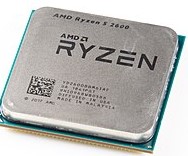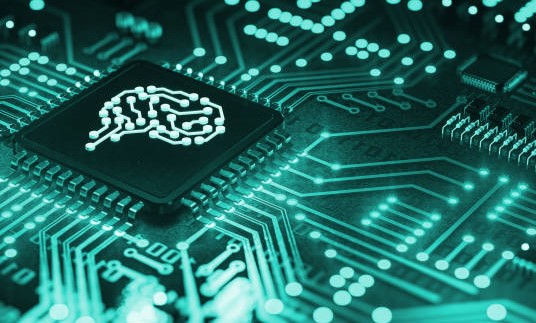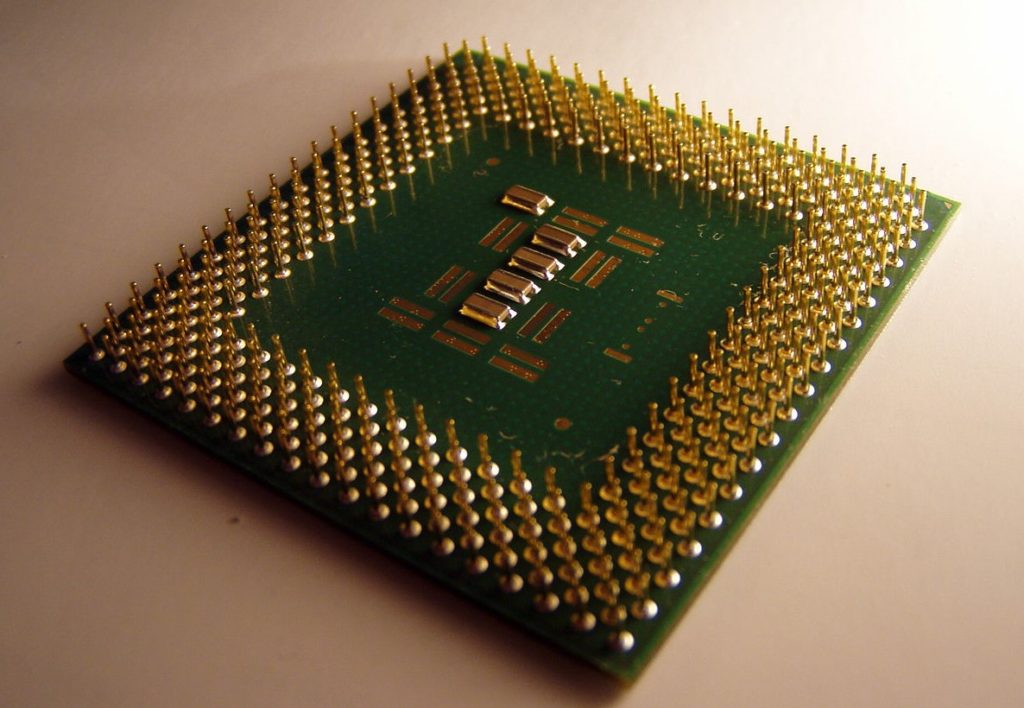Introduction
You may not realize it, but the CPU (Central Processing Unit) in your computer is like the conductor of an orchestra, directing all of the other components to perform in harmony. Without a high-quality CPU, your computer may struggle to keep up with basic tasks, let alone more demanding applications like gaming or video editing. In this article, we’ll explore why the CPU matters more than you might think and how it can impact the performance of your computer. Whether you’re a casual user or a power user, understanding the importance of the CPU can help you make informed decisions about your computer and ensure that you get the most out of it. So sit back, relax, and let’s dive into the world of computer processing power!
What is a CPU (Central Processing Unit)?
The CPU (Central Processing Unit) is the primary component of a computer that performs most of the processing tasks. It is often referred to as the “brain” of the computer because it controls all the operations of the computer. The CPU carries out the instructions of a computer program by performing arithmetic and logical operations on data. It is responsible for executing instructions stored in the computer’s memory, and communicating with other components of the computer system.
The CPU typically consists of two main components: the control unit and the arithmetic logic unit (ALU). The control unit is responsible for fetching and decoding instructions, while the ALU performs mathematical and logical operations on data. The CPU also includes a cache, which is a small amount of high-speed memory used to store frequently accessed data and instructions.
The performance of a CPU is often measured in terms of clock speed, which is the number of instructions the CPU can execute per second. However, other factors such as the number of cores and the type of architecture can also impact the performance of the CPU. The CPU is a crucial component of a computer system and plays a critical role in its overall performance.
Why CPU (Central Processing Unit) matters more than you think?
1. Speed: The CPU’s clock speed, measured in GHz, determines how many instructions it can execute per second. A faster CPU can handle more data and instructions, which translates into faster performance and improved efficiency.
2. Multitasking: A powerful CPU allows you to run multiple applications simultaneously without experiencing lag or slow-downs. This is especially important if you are using your computer for work or gaming, where you may need to switch between different programs quickly and efficiently.
3. Processing Power: The CPU’s processing power determines how quickly it can process complex tasks, such as video editing, gaming, or rendering 3D models. A high-quality CPU can perform these tasks quickly and smoothly, while a slow or outdated CPU may struggle or even fail.
4. Power Consumption: A more efficient CPU can help to reduce power consumption and extend the battery life of laptops or mobile devices. This is especially important for users who need to work on the go, where battery life is a crucial factor in their productivity.
5. Overclocking: Overclocking is the practice of increasing the clock speed of the CPU to improve performance. While this can lead to better performance in some cases, it can also lead to overheating and damage to the CPU if not done correctly.
6. Gaming: Gaming places high demands on the CPU, requiring it to process large amounts of data quickly and efficiently. A powerful CPU can help to ensure that games run smoothly and without lag, while a slow or outdated CPU may struggle to keep up.
7. Virtualization: Virtualization is the practice of running multiple operating systems or applications on a single computer. This requires a powerful CPU that can handle the extra workload and ensure that each system or application runs smoothly.
8. Upgradability: The CPU is one of the few components of a computer that can be upgraded. This allows you to improve the performance of your computer over time, without having to replace the entire system.
9. Compatibility: The CPU’s architecture determines which software and hardware components it can work with. By choosing a compatible CPU, you can ensure that your computer works seamlessly with your preferred software and peripherals.
10. Innovation: Advances in CPU technology are driving innovation in computing, allowing for new and exciting applications, such as artificial intelligence, virtual reality, and augmented reality. A powerful CPU can help to ensure that your computer is ready for these new applications and technologies.
Thoughts
The CPU is a crucial component of your computer’s performance, and it matters more than you may realize. The CPU’s speed, processing power, multitasking ability, power consumption, overclocking potential, gaming performance, virtualization capabilities, upgradability, compatibility, and ability to drive innovation are all important factors to consider when choosing a CPU for your computer. By investing in a high-quality CPU, you can improve your computer’s performance, increase your productivity, and stay ahead of the curve in terms of emerging technologies and applications. So, don’t overlook the importance of the CPU when building or upgrading your computer, and choose wisely to ensure that your computer meets your needs both now and in the future.



